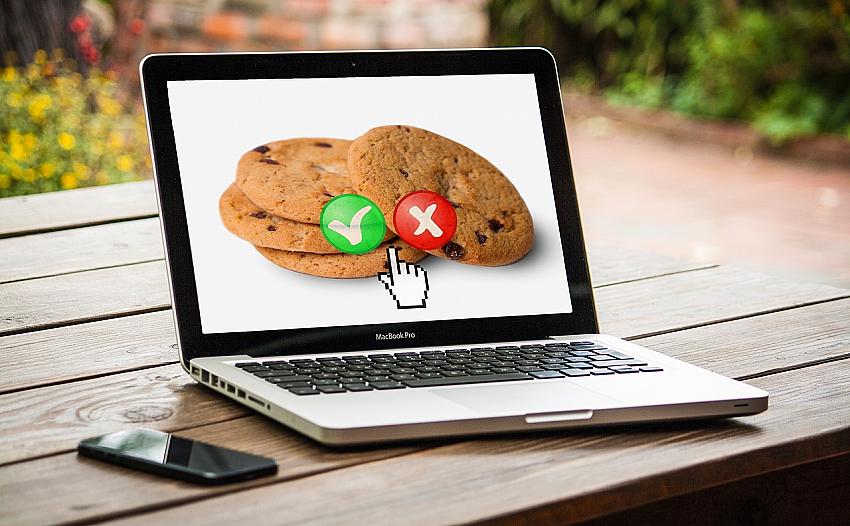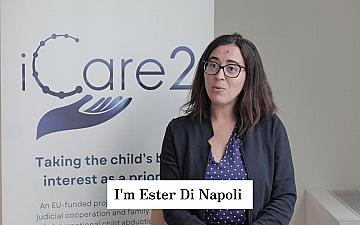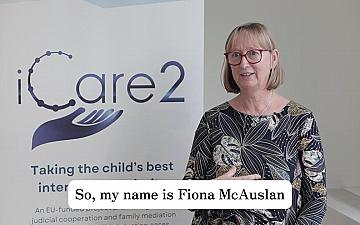In today's digital age, information is more easily accessible than ever. However, this wealth of information has also led to increased disinformation - spreading false or misleading information. One area where disinformation is particularly prevalent is the discussion around website cookies. Many people believe that accepting cookies is harmless, but the truth is that choosing "I agree with the cookies on the website" is not always good.
One common disinformation is that cookies are necessary for websites to function properly. While it is true that some cookies are necessary, such as those used to remember your login credentials or items in your shopping cart, many cookies are used for advertising and tracking purposes. These types of cookies are not necessary for the functioning of the website and accepting them may put your privacy at risk.
Another disinformation is that cookies are completely harmless and do not collect any personal information. Cookies can collect a wide range of information, including browsing history, search queries, and even location. Advertisers may use this information to create targeted ads or to be transfered to third-parties .
Some people also believe that there is no way to avoid cookies and that accepting them is just a necessary part of using the Internet. While it is true that some websites may require cookies to function properly, there are ways to block or restrict cookies in your browser. For example, many browsers allow you to block third-party cookies, which are often used for tracking and advertising purposes.
One of the most insidious forms of disinformation around cookies is the idea that you have nothing to hide and therefore do not have to worry about cookies that collect your personal information. However, this mindset ignores the fact that your personal information is valuable and needs to be protected. Your browsing history, search queries and other personal information can be used to create a detailed profile about you, which can be used for everything from targeted advertising to identity theft.
So what can you do to protect yourself from disinformation about cookies on the websites? The first step is to inform yourself about cookies and how they are used. Don't rely solely on the information presented to you by websites. Instead, do your research and read the topic from multiple sources.
You can also take steps to limit the amount of personal information that cookies can collect. For example, you can use browser extensions such as Privacy Badger or uBlock Origin to block third-party cookies or use private browsing mode to limit the amount of information that is stored on your computer.
In conclusion, although it may seem harmless to click "I agree with the cookies” on the website, it is essential to understand the potential risks associated with accepting them. By protecting your privacy and security, you can enjoy safer and more enjoyable browsing experience.









